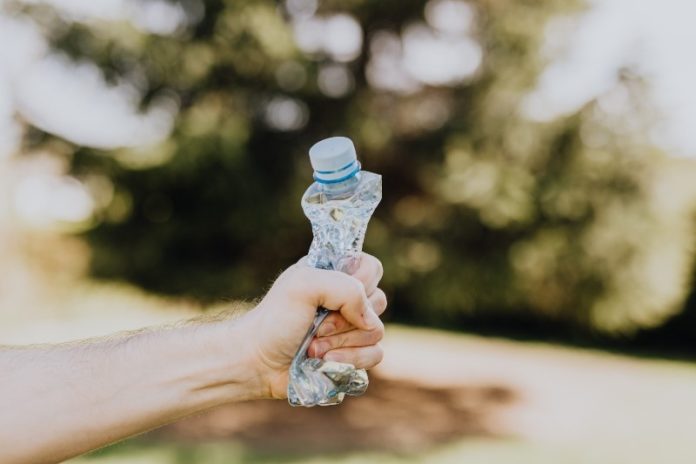You can tell your friends, your family and even your telemarketers whatever you want.
You make your own baby food.
You seldom drink alcohol or make the spaghetti sauce from scratch.
You recycle everything.
But your trash doesn’t lie. The baby food jars, the cans and bottles, that tell-tale pasta sauce jar…they reveal your secrets.
And there’s a whole scientific discipline dedicated to the study of the things we throw away: Garbology.
Why Study Garbage?
The first question you may have is…why? (Followed closely by “who the heck wants to study other people’s trash?”) William Rathje, widely acknowledged as the father of garbology, was an anthropologist and archeologist who dedicated himself to the study of garbage. During his time, he excavated over 15 landfills with his team, painstakingly cataloging each piece of trash.
Dr. Rathje studied the refuse just as an archeologist studies ancient sites, digging through trash instead of dirt. Dr. Rathje and the Garbage Project have found numerous applications and avenues of study for their research.
The findings revealed by garbology can be utilized by marketers who need to understand consumer habits more truthfully than what is likely revealed via survey.
Garbology reveals cultures, much like a traditional archeological dig, uncovering truths and discrepancies across social markers such as race, gender, economics and age.
The study also unearths if and how products, even “environmentally friendly” ones, break down…or don’t!
What Happens to the Trash?
Dr. Rathje wrote a fascinating book, Rubbish! The Archeology of Garbage, detailing all that garbage reveals, offending and pleasing both big businesses and environmentalists alike. As it turns out, many consumer products that are touted as biodegradable don’t actually decompose. And many people who claim to recycle…don’t.
Dr. Rathje has uncovered a 40-year-old perfectly preserved hot dog, a head of lettuce in perfect condition after 25 years in a landfill, and – the piece de resistance – an order of guacamole almost as good as new…from 1967! It’s not just Twinkies in wrappers that don’t break down back into organic matter, even after a few decades. It turns out, many products promoted as biodegradable mummify instead…eventually.
And while plastics, Styrofoam and disposable diapers certainly take up their fair share in landfills, these things actually only amount to about 3% of the nation’s waste found in landfills. A much bigger culprit of recyclable material in the landfills is paper! Paper, whether in the form of newspapers, junk mail, or telephone books, makes up more than 40% of landfill volume.
What to Do with the Data?
Hopefully, this fascinating discipline makes you take a closer look at your own personal habits and contributions to the landfill, as well as your overall impact on the environment. Once you better understand your current habits, you can take baby steps to reduce those contributions.
- Recycle paper as well as plastics and other materials to reduce your carbon footprint
- Compost food waste and use it in the garden
- Conserve water usage
- Make sure you are only putting clean water back into the environment
You can be proactive by utilizing Envirobinz Trash Bin Cleaning Services to prevent trash bin waste from washing back into waterways and soil. Envirobinz’s sanitizing process substantially reduces water use when compared to the process of cleaning your trash bin yourself with a garden hose. For more information, call 615-368-3999 for a quote and to establish curb-side trash bin cleaning.
Have a question for Envirobinz Trash Bin Cleaning Services? Fill out the form below:


















